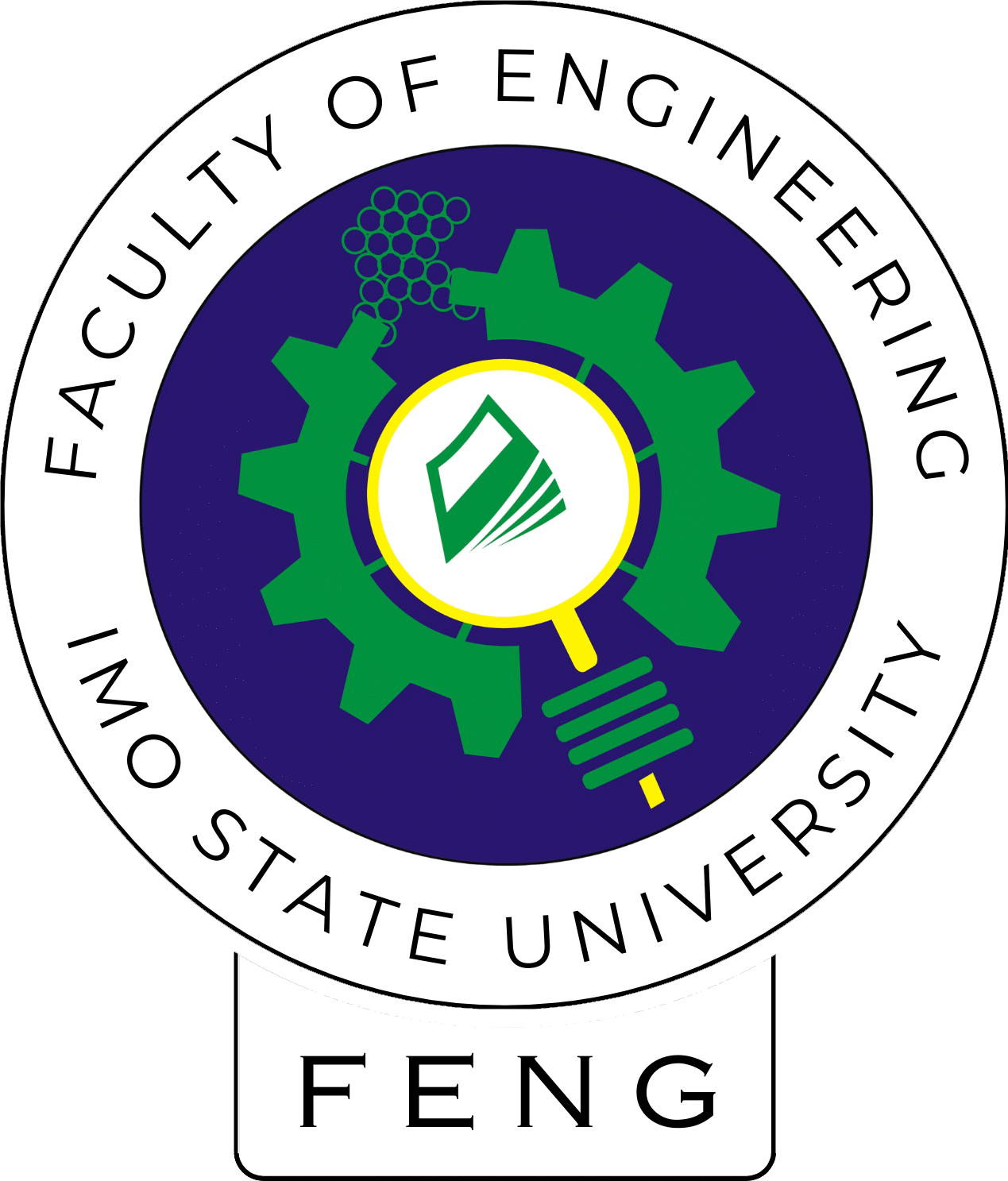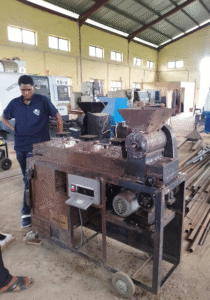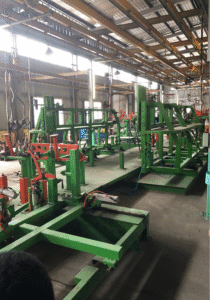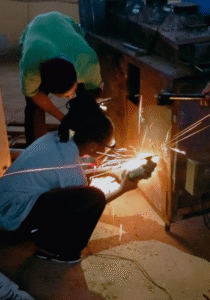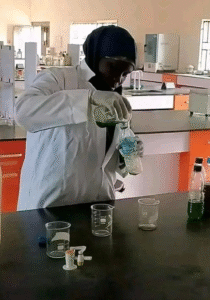what to know about Faculty of engineering
The Faculty of Engineering is very important in Imo State universities and in society because it plays a central role in technological advancement, innovation, and problem-solving.
What To Know About
Faculty of engineering
The Faculty of Engineering is very important in Imo State universities and in society because it plays a central role in technological advancement, innovation, and problem-solving.
we are known for standard learning!
The aim of establishing the Department was to meet the growing need for manpower in the Engineering profession. The main objective being to train and produce Engineers with the required qualities and capabilities to meet the increasing need for professional Engineers in the country.
Education and engineering faculties play a crucial role in various domains, significantly impacting society and the economy. They provide training to future engineers across fields such as civil, mechanical, electrical, computer, and chemical engineering, equipping them with essential problem-solving, analytical, and design skills for real-world applications. Beyond traditional education, these institutions foster innovation and research, leading to advancements in renewable energy, artificial intelligence, robotics, transportation, communication, and healthcare, effectively addressing global challenges like climate change and sustainable development.
Moreover, engineering programs contribute to economic growth by producing skilled graduates who propel industries such as construction, manufacturing, IT, and infrastructure, while also engaging in research collaborations that enhance technology transfer and patents. They are instrumental in developing vital infrastructure, ensuring projects like roads, bridges, and power plants are safe and sustainable.
On a social level, engineering addresses community issues related to water supply, renewable energy, housing, and transportation, fostering sustainability and encouraging entrepreneurship that boosts job creation and quality of life.
Departments in Faculty of Engineering
Departments in Faculty of Engineering
Message From Deputy Registrar/Faculty Officer

DR. CHIZUBE UCHEHARA
(JP MNIM, MANUPA)
Deputy Registrar/Faculty Officer, Faculty of Engineering
The Department of Mechanical Engineering therefore, effectively took off with the enrolment of thirty-five (35) students in the 2007/2008 session in the 200 level for the Bachelor of Engineering (B.Eng.) programme, that had successfully completed the one session preliminary programme of the faculty; having been admitted into 100 level in 2006/2007 session.
The preliminary (or 100 level) programme of the faculty is made up of common (or general) courses taught to all the students in the Departments of the faculty. Department of Mechanical Engineering has been graduating students since the end of 2010/2011
academic session.
Three options are made available to students from 400 level of their academic programme, namely:
- Design and Production Engineering
- Alutomotive Engineering
- Power Plant Engineering
The pioneer students of this department in these options completed their programme at the end of the 2010/2011 academic session. The undergraduate Programme in Mechanical engineering is for a minimum duration of five (5) academic years and a maximum duration of seven (7) academic years. Upon completing the Programme and fulfilling other University requirements, a Bachelor of Engineering degree in Mechanical Engineering (B.Eng.) is awarded. The Department has made three revisions of the courses it offers in its Programme of study since its inception to keep abreast with the dynamics of the profession as well as to meet the requirements of both the National University Commission (NUC). Council for the Regulation of Engineering in Nigeria (COREM) and the University Senate. The Department also supports postgraduate programmes leading to a Postgraduate Diploma (PGD) in Mechanical Engineering. Master of Engineering (M. Eng.) and a Doctor of Philosophy (Ph.D) in Mechanical Engineering.
Workshop And Practical Learning
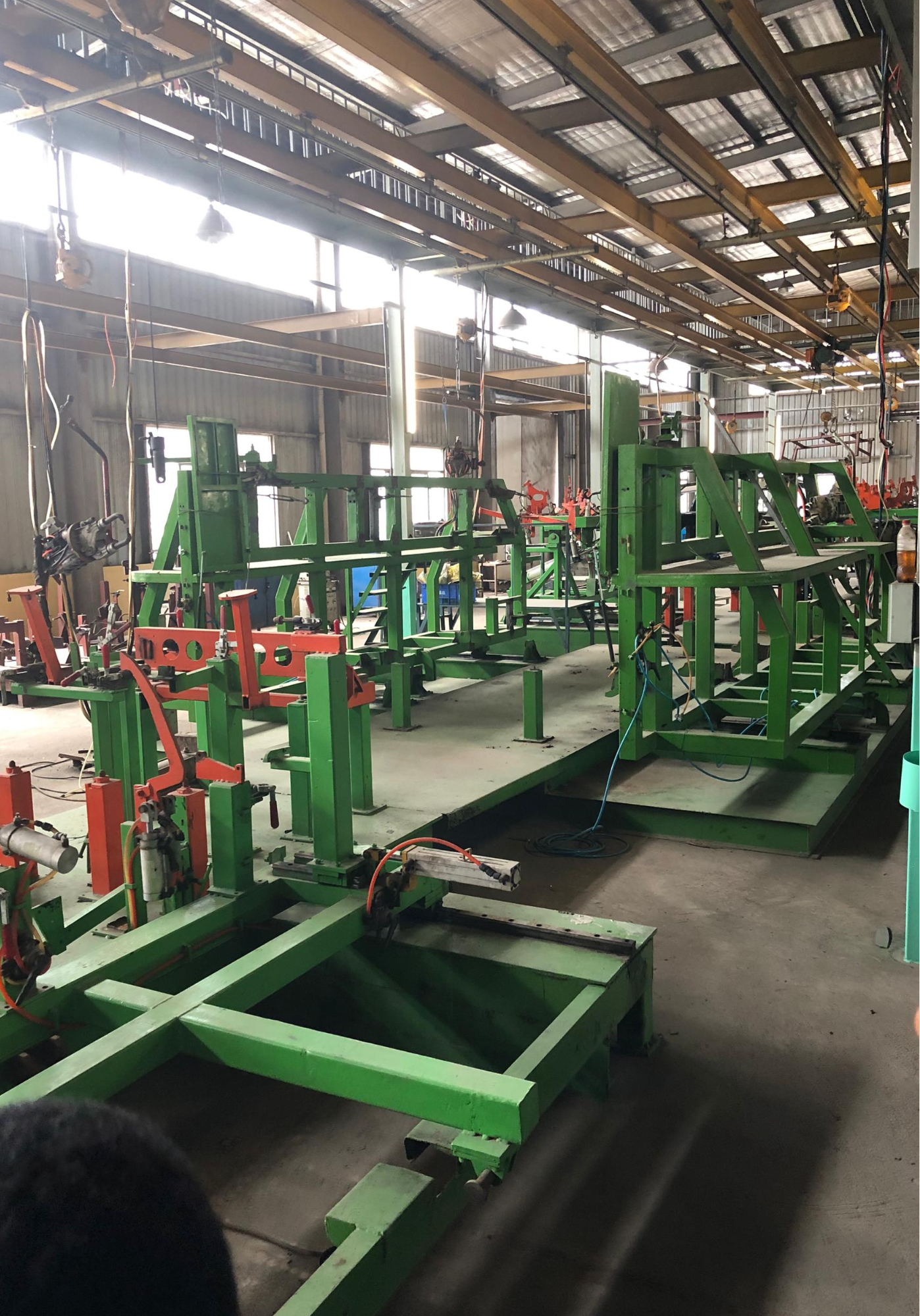
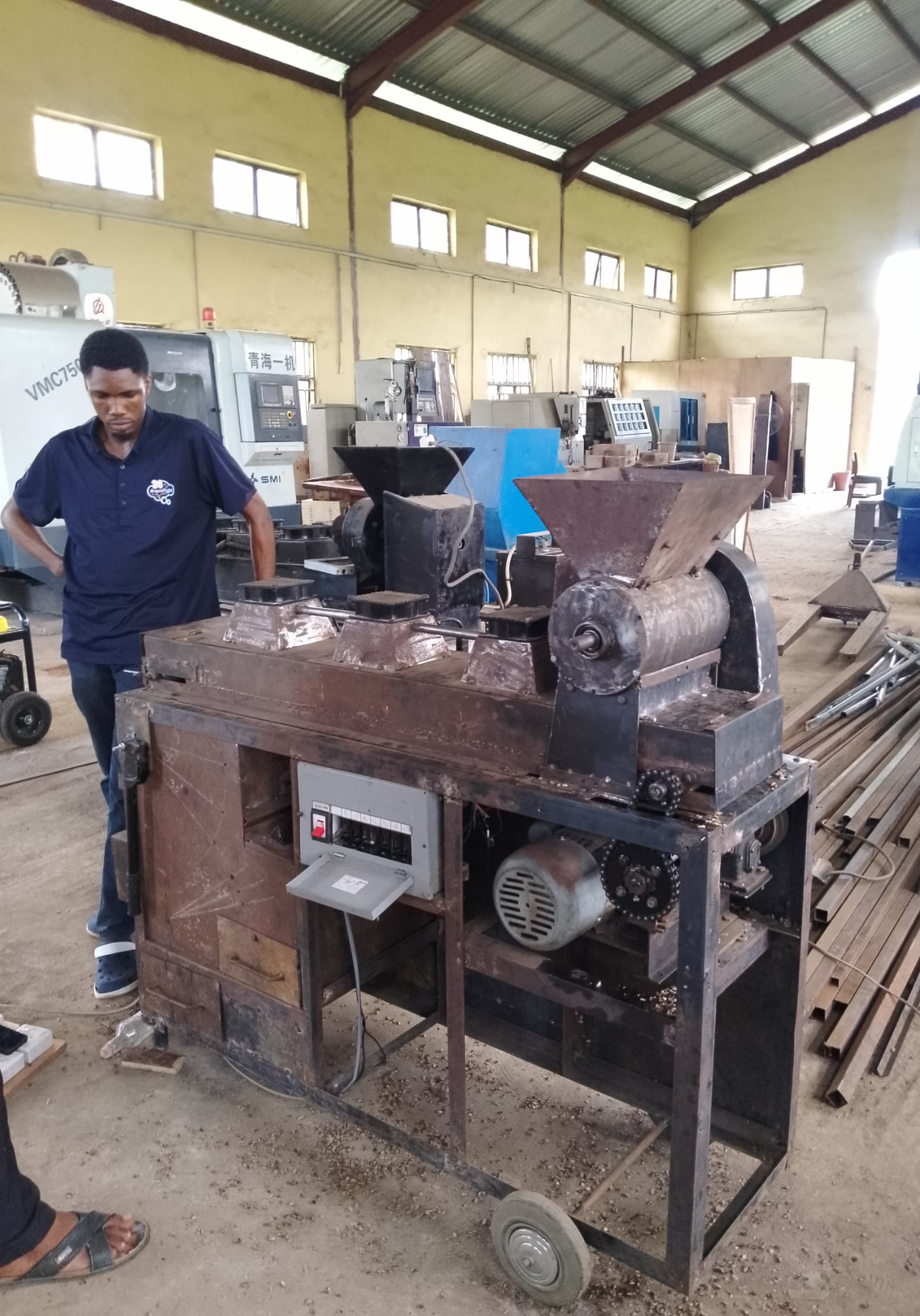
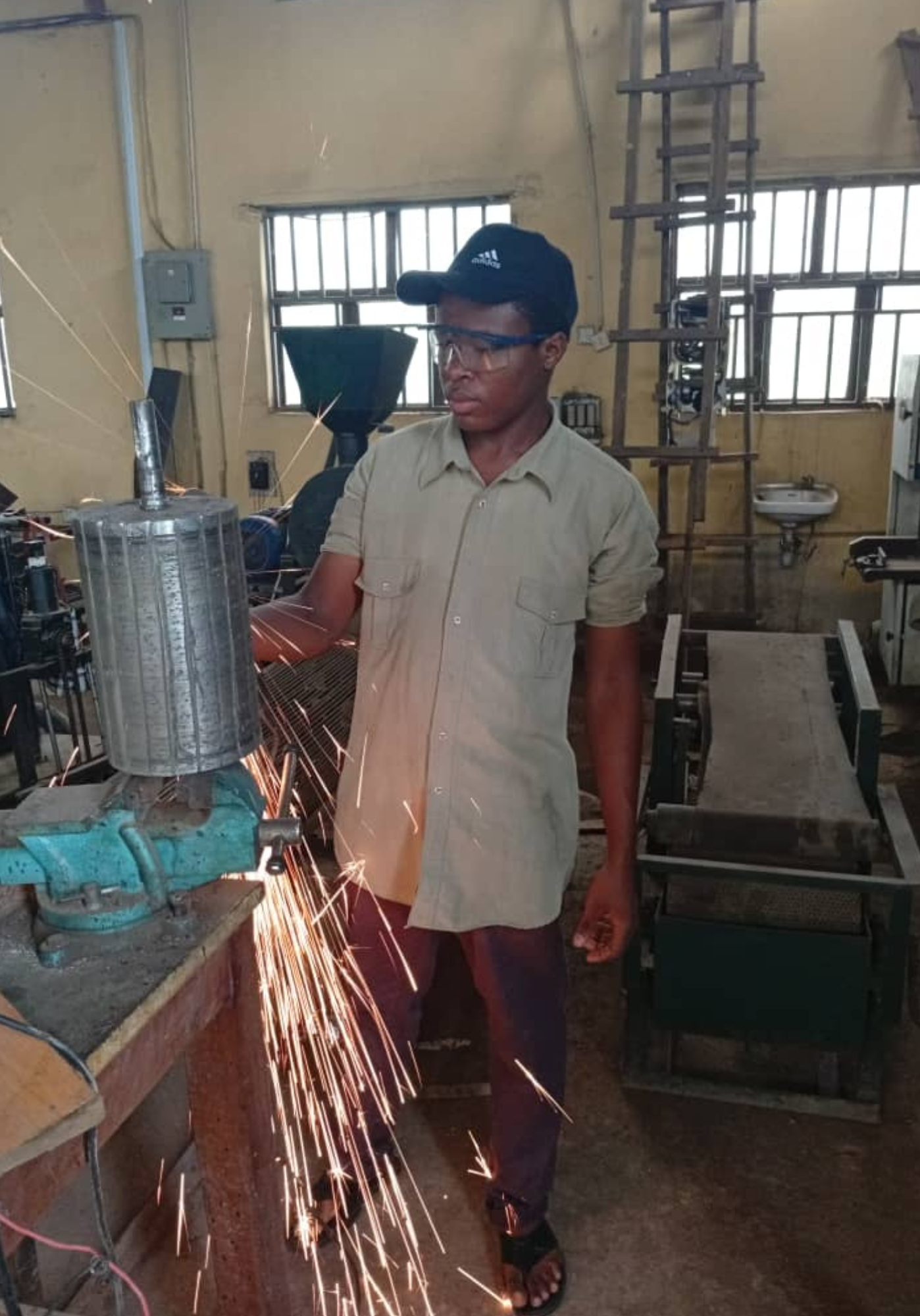
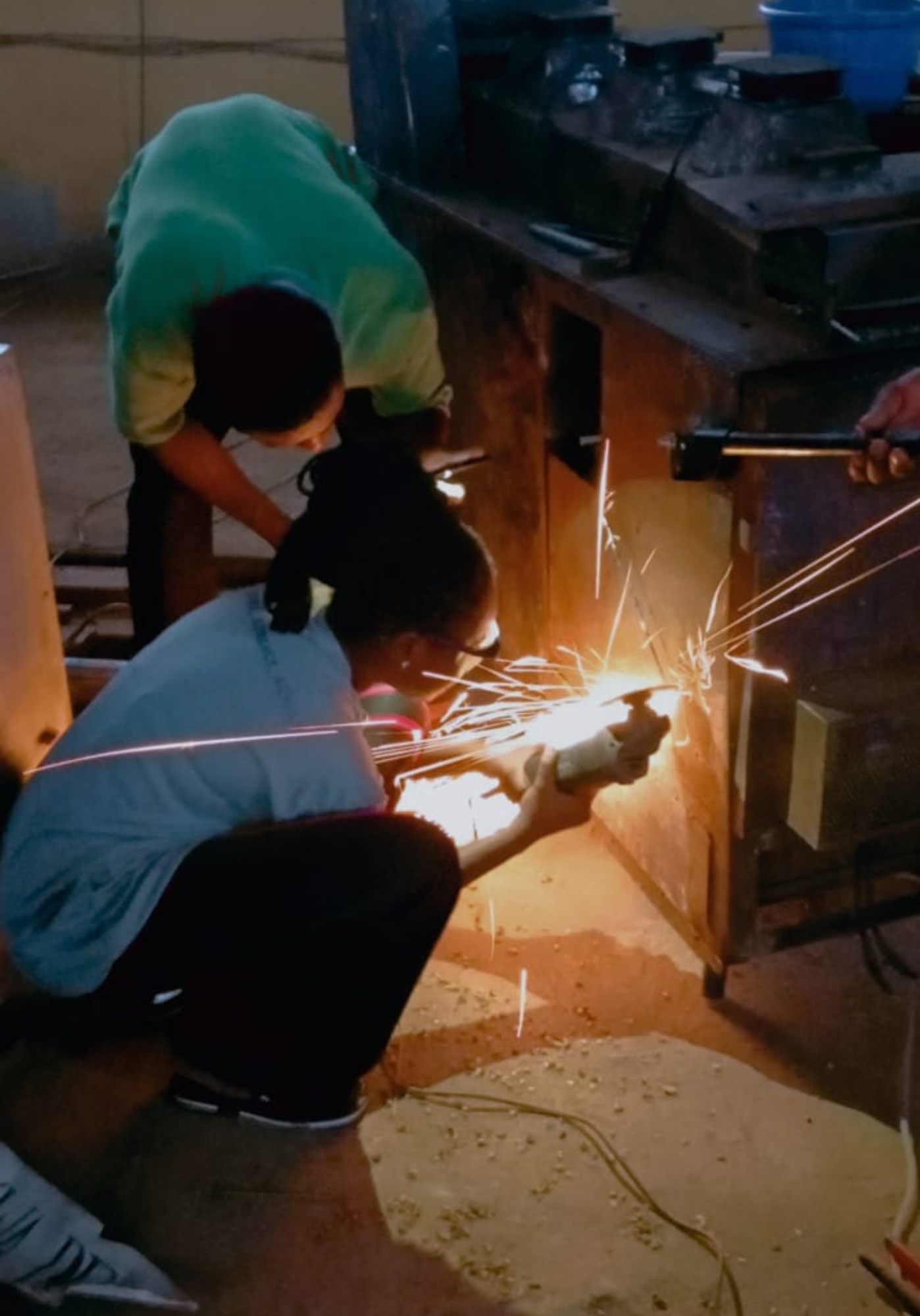
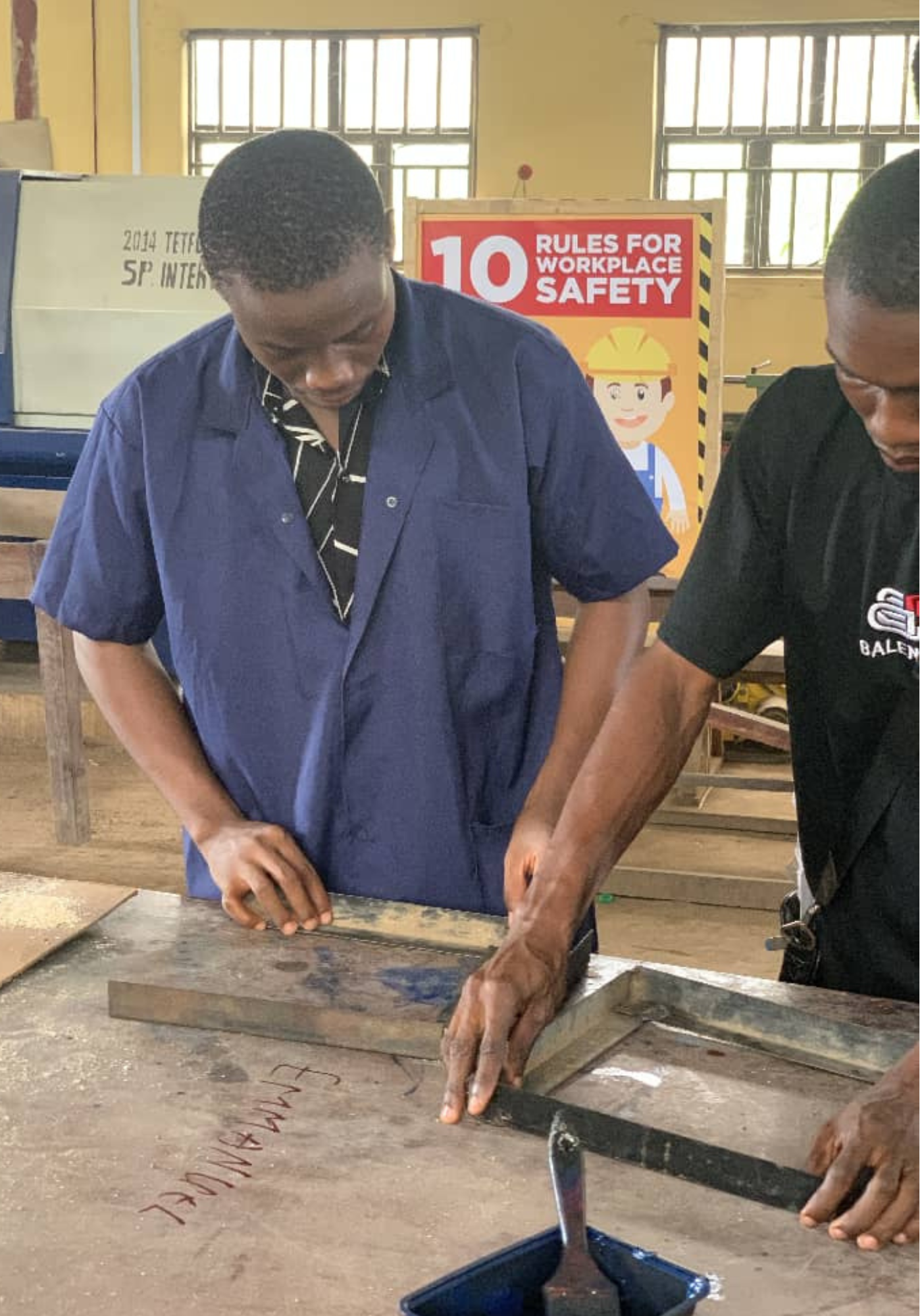
Faculty of Engineering Head of Department

ENGR. DR. JULIUS O. ONYEWUDIALA
HOD, Agric Engineering
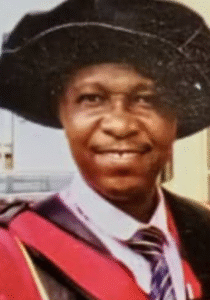
ENGR. DR. ISAAC EZENUGU
HOD, Chemical Engineering
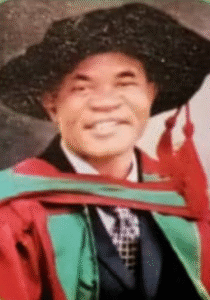
ENGR. DR. H.E. OPARA
HOD, Agric Engineering

ENGR. DR. JULIUS O. ONYEWUDIALA
HOD, Agric Engineering

ENGR. DR. ISAAC EZENUGU
HOD, Chemical Engineering

ENGR. DR. H.E. OPARA
HOD, Agric Engineering
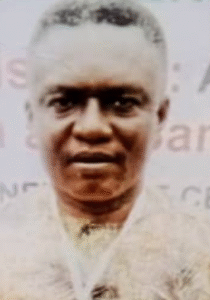
ENGR. D. O. ISIOHIA
HOD, Mechanical Engineering

ENGR. D. O. ISIOHIA
HOD, Mechanical Engineering

ENGR. LO. UZOIGWE
HOD, Petroleum & Gas Engineering

ENGR. C. S. NWOKONKO
HOD, Electrical & Electronics Engineering
Contact Faculty For Any Program!
Accessing faculty expertise allows students to learn directly from specialists in various engineering fields and obtain guidance in advanced research. Faculty members supervise research projects, internships, and theses, creating opportunities for students to engage in labs and propose new projects. Building relationships with faculty members develops academic and professional networks, which can lead to future collaborations and industry partnerships.
Engineering faculties provide specialized labs, equipment, and software, enabling students to access valuable resources for their research. Faculty mentorship aids in research methods, problem-solving, proposal writing, and publishing, ensuring academic rigor and practical application.
Joining faculty-led research projects also opens doors to funding, scholarships, and career advancement opportunities, as faculty connections can yield recommendation letters and career advice. Collaborating with faculty bridges the gap between academic knowledge and practical engineering challenges, fostering innovation and societal contributions.
